Yesterday, we had the last of our four first Holy Communion Masses. What a wonderful thing to celebrate! In my homily, my very first line was perhaps the most important message I can ever deliver as a preacher: “God loves you!”
It’s interesting to me that some of the first things we ever learn about God are also some of the most foundational, most important things we learn about God. One such notion is that God is love. We’ve learned that, probably, when we were small children. But theologically, it bears out and serves us well in our adult lives. So I don’t know if you were counting or not, but between the second reading and the Gospel, the word “love” was used in one form or another eighteen times. So it’s pretty easy to see where the Church is leading us in today’s Liturgy of the Word. Love is a theme that runs through John’s Gospel and the letters of Saint John: John’s point is that the Gospel is summed up in that God is love, that foundational notion we learned when we were little children.
Now we get all kinds of notions about what love is and what it’s not. Our culture feeds us mostly false notions, unfortunately, and it gets confusing because love can mean so many different things. I can say, “cookies are my favorite food – I love cookies!” and I think we can all agree that’s not the kind of love Jesus wants us to know about today. When we say “love” in our language, we could mean an attraction, like puppy love, or we could mean that we like something a lot, or we might even be referring to the sexual act. And none of that is adequate to convey the kind of love that is the hallmark of Jesus’ disciples. All of these fall short of what Jesus wants us to know about love.
So I think we should look at the Greek word which is being translated “love” here. That word is agape. Agape is the love of God, or love that comes from God. It is outwardly expressed in the person of Jesus Christ, who came to show the depth of God’s love by dying on the Cross to pay the price for our many sins. So that’s the kind of love that Jesus is talking about today; it’s kind of a benchmark of love that he is putting out there for our consideration.
I love when my engaged couples pick today’s Gospel for their wedding Gospel. Very often, they pick it because it sounds pretty and it says nice things about love, which are obviously pertinent to a wedding liturgy. But I like it because it gives them quite the challenge! To really see what Jesus meant by love in today’s Gospel, all we have to do is to look at Jesus. His command is that his disciples – including us, of course – should “Love one another as I have loved you.” And the operative phrase there is: “as I have loved you.” Meaning, “in the same way I have loved you.” And we can see how far Jesus took that – all the way to the cross. He loved us enough to take our sins upon himself and nail them to the cross, dying to pay the price for those sins, and being raised from the dead to smash the power of those sins to control our eternity. So the love that Jesus is talking about here is fundamentally sacrificial; it is a love that wills the good of the other as other. And he says it rather plainly in one of my favorite pieces of Holy Scripture: “No one has greater love than this: to lay down one’s life for one’s friends.” This sacrificial quality a vital property of agape love.
And the disciples clearly were called to that kind of sacrificial love. They were persecuted, thrown out of the synagogues, beaten for stirring up trouble, put to death for their faith in Christ. Like their Savior, they literally laid down their lives for their friends. That is what disciples do. And so, we disciples hear that same command too. Now, of course, we may never be asked to literally die for those we love, – although many in the world do that all the time – but we are absolutely called on to die in little ways: to give up our own self-interests, our own selfishness, our own comforts, our own opinions, our idiosyncrasies, our bad habits, our laziness, our impure relationships, all for the sake of others. Love always costs us something, but real love, agape love, is worth it.
So I think we should look for opportunities this week to love sacrificially, to love in ways that maybe we don’t do every day, ways that we may never do unless we think about doing them and make a decision to do them. Doing a chore at home, or a job at work, that’s not our job and not making a big thing of it. What might be important here is to not even call attention to the fact that it was we who did it. Finding an opportunity to encourage a spouse or child with a kind word that we haven’t offered in a long time. Picking the neighbor’s trashcan up out of the street when it’s been a windy day. It doesn’t matter how big or small the thing is we do, what matters is the love we put into it. When we make the decision to do something little for the sake of love, the joy we find in that act can help us to make it a habit of life, so that those little things become even bigger. That kind of loving transforms families, heals past hurts, and can even make our little corner of the world a more beautiful place. The love of God, agape love, offered most perfectly in the sacrifice of Jesus on the Cross, transformed our eternity. That same love of God, lived in each one of us, can transform our world.
Saint Theresa of Calcutta once said, “I am not sure exactly what heaven will be like, but I do know that when we die and it comes time for God to judge us, he will not ask, ‘How many good things have you done in your life?’ Rather he will ask, ‘How much love did you put into what you did?’” When we are constantly on the lookout for opportunities to love, there is no way we can miss the joy that Jesus wants us to have today. “Love one another as I have loved you” might be a big challenge, but it absolutely will be the greatest joy of our lives.
Remember: God loves you!
Christ is risen! He is risen indeed! Alleluia!
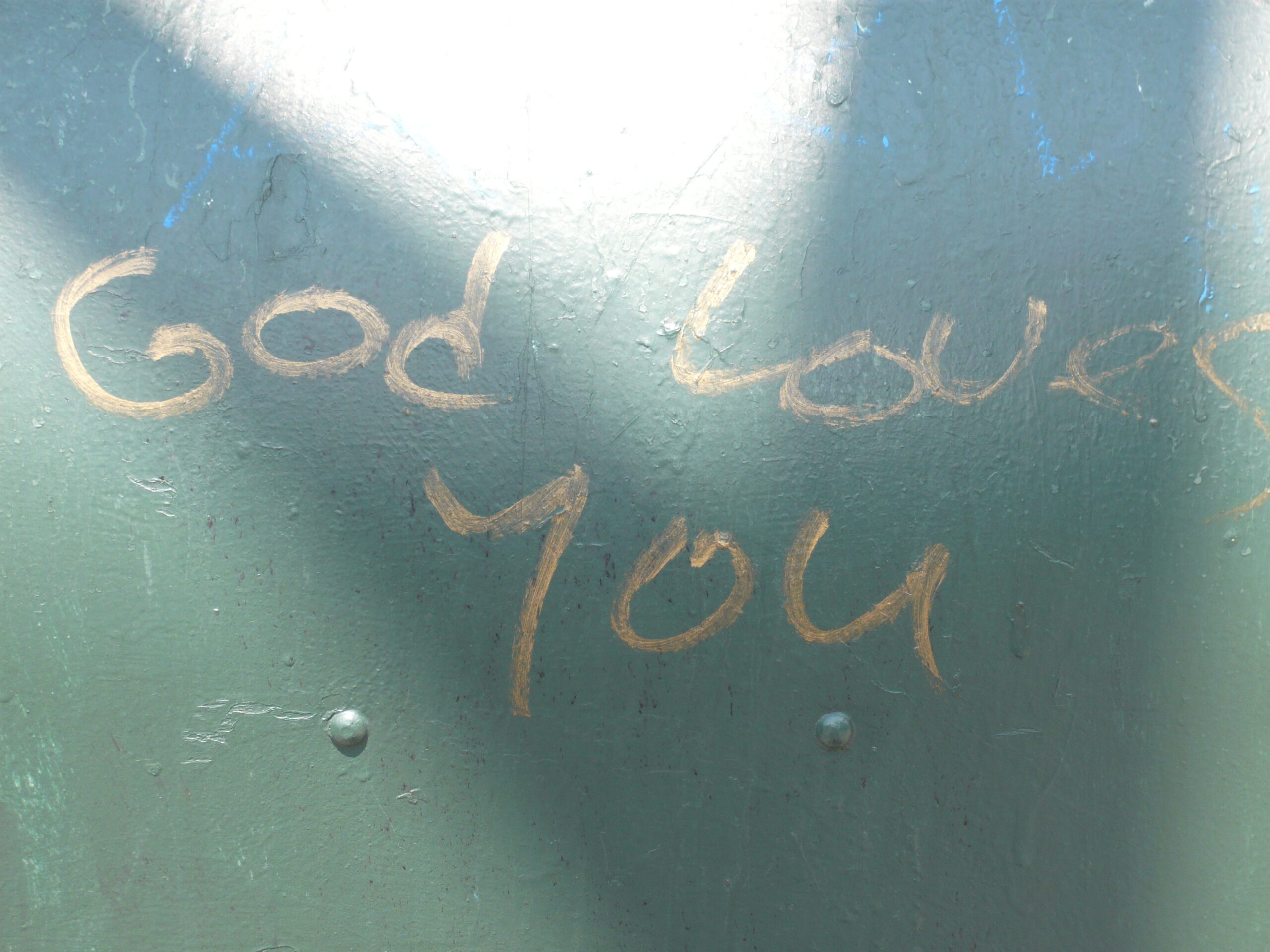
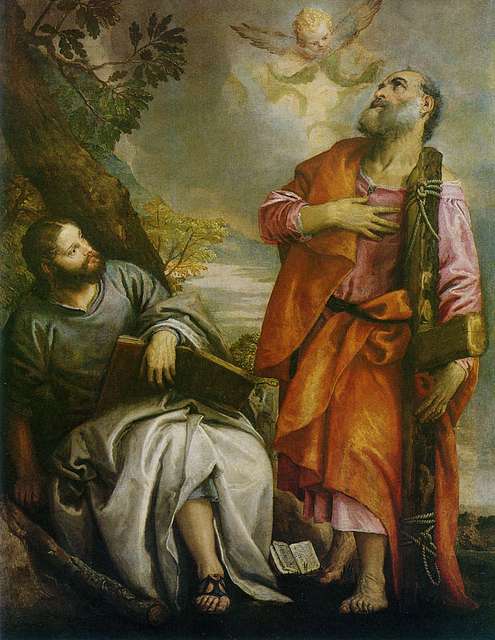
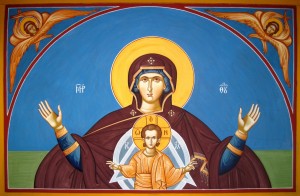
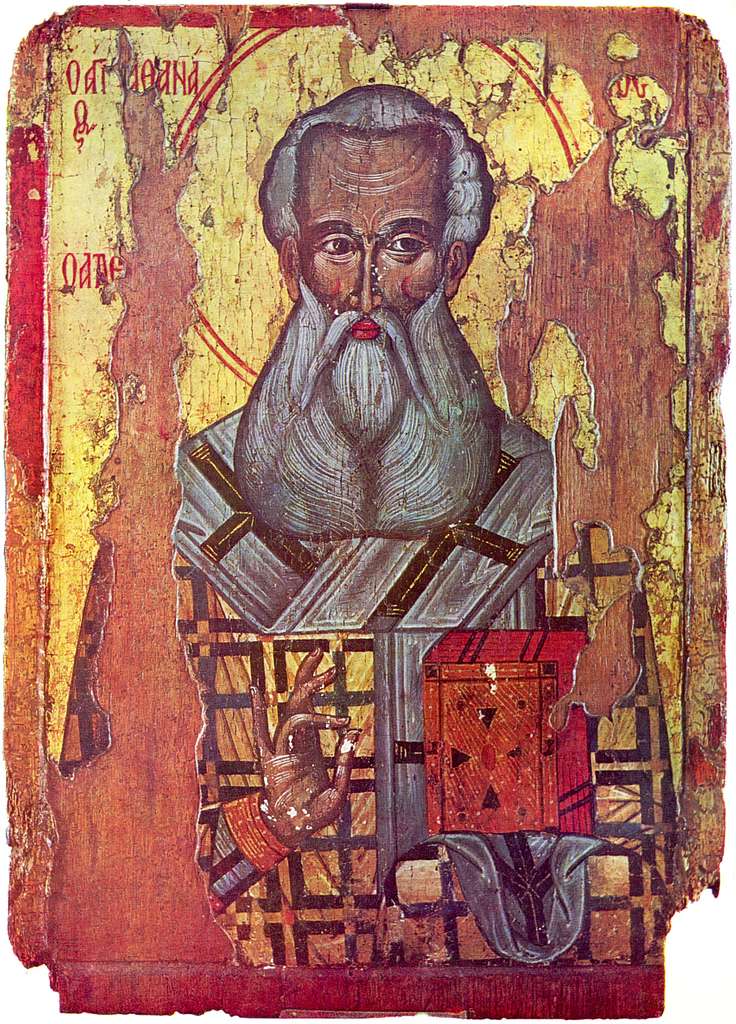

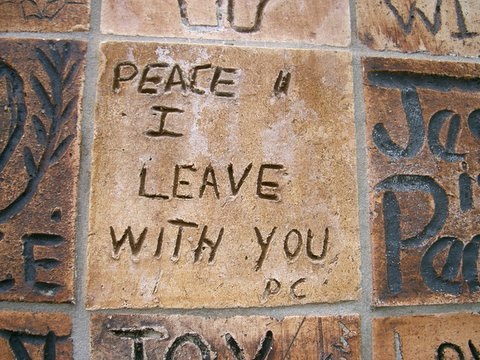
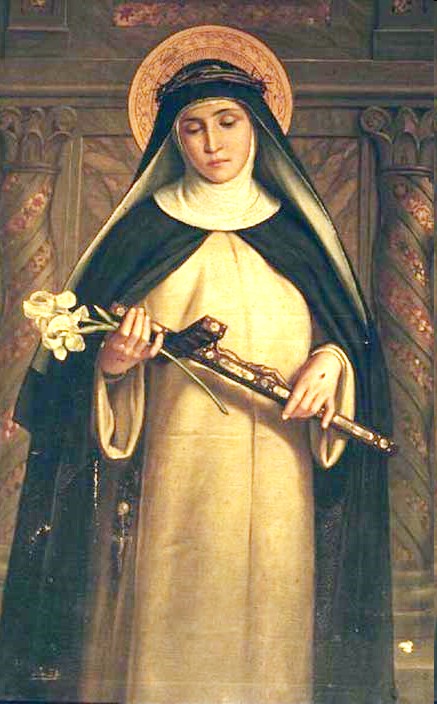
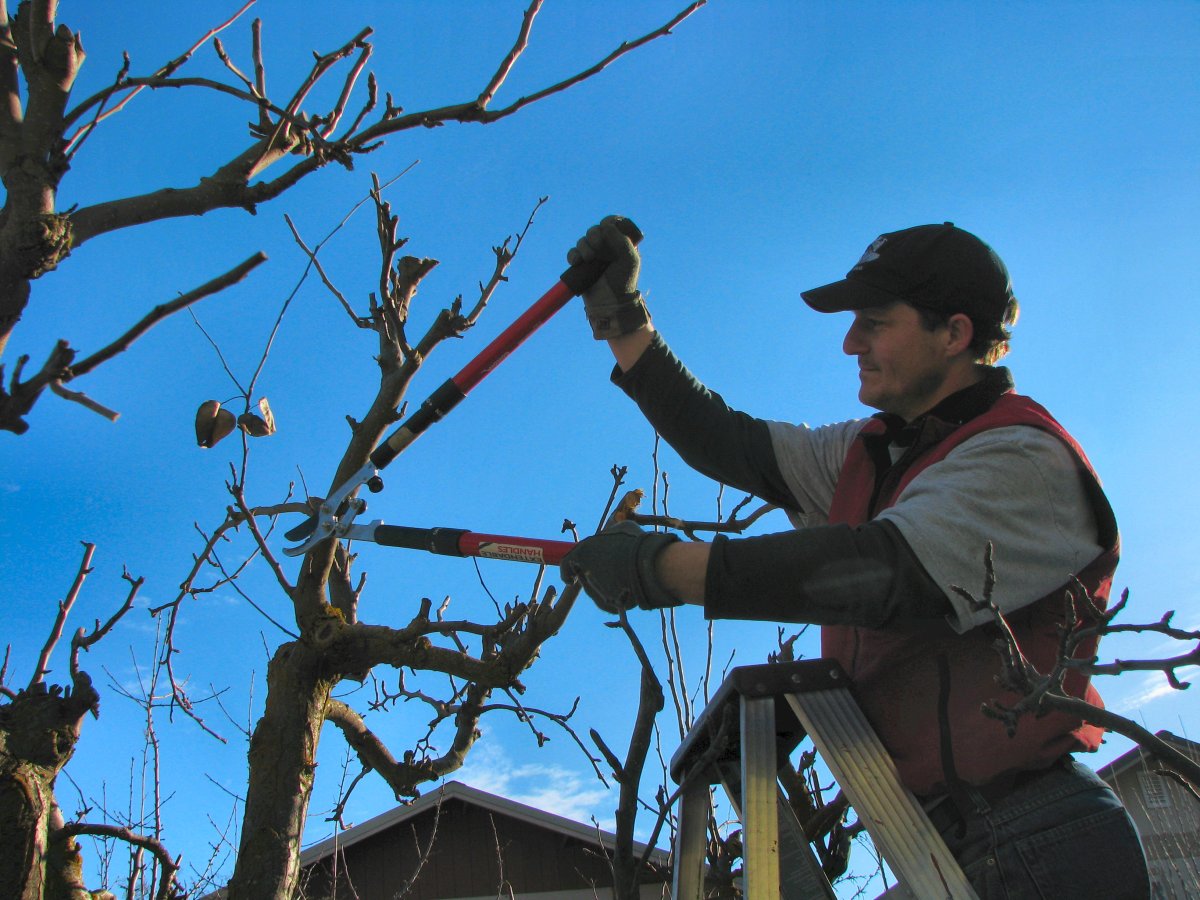
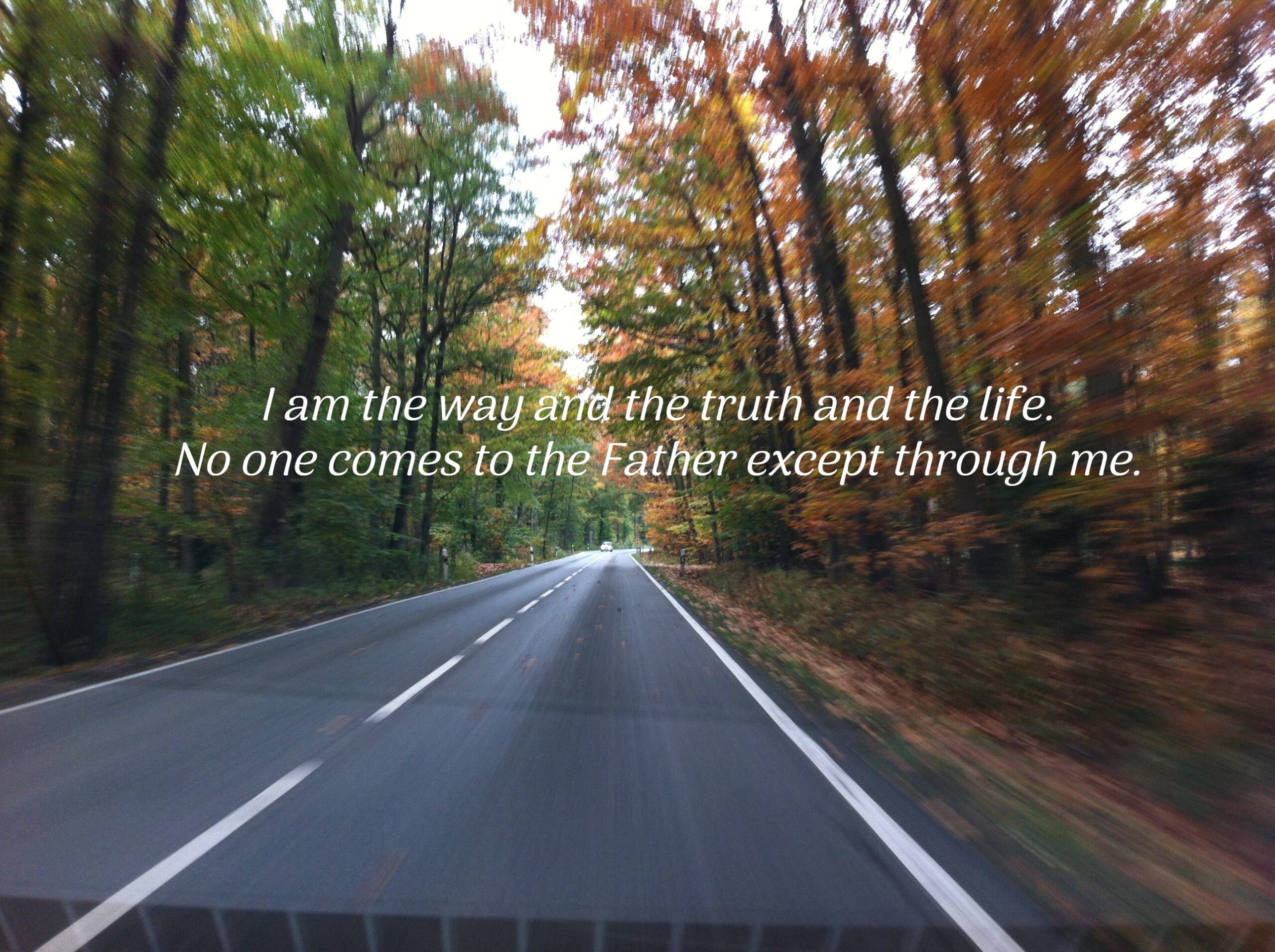
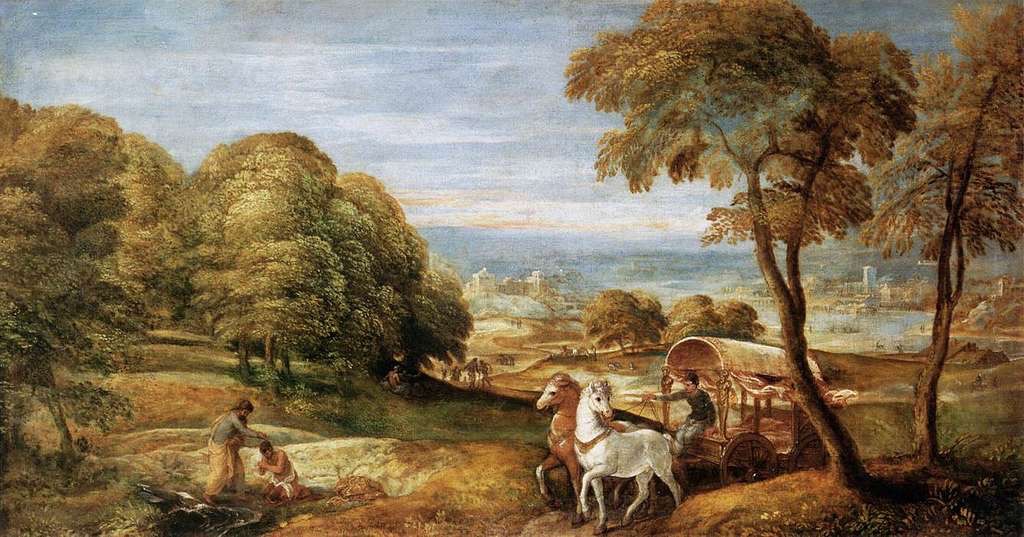
You must be logged in to post a comment.